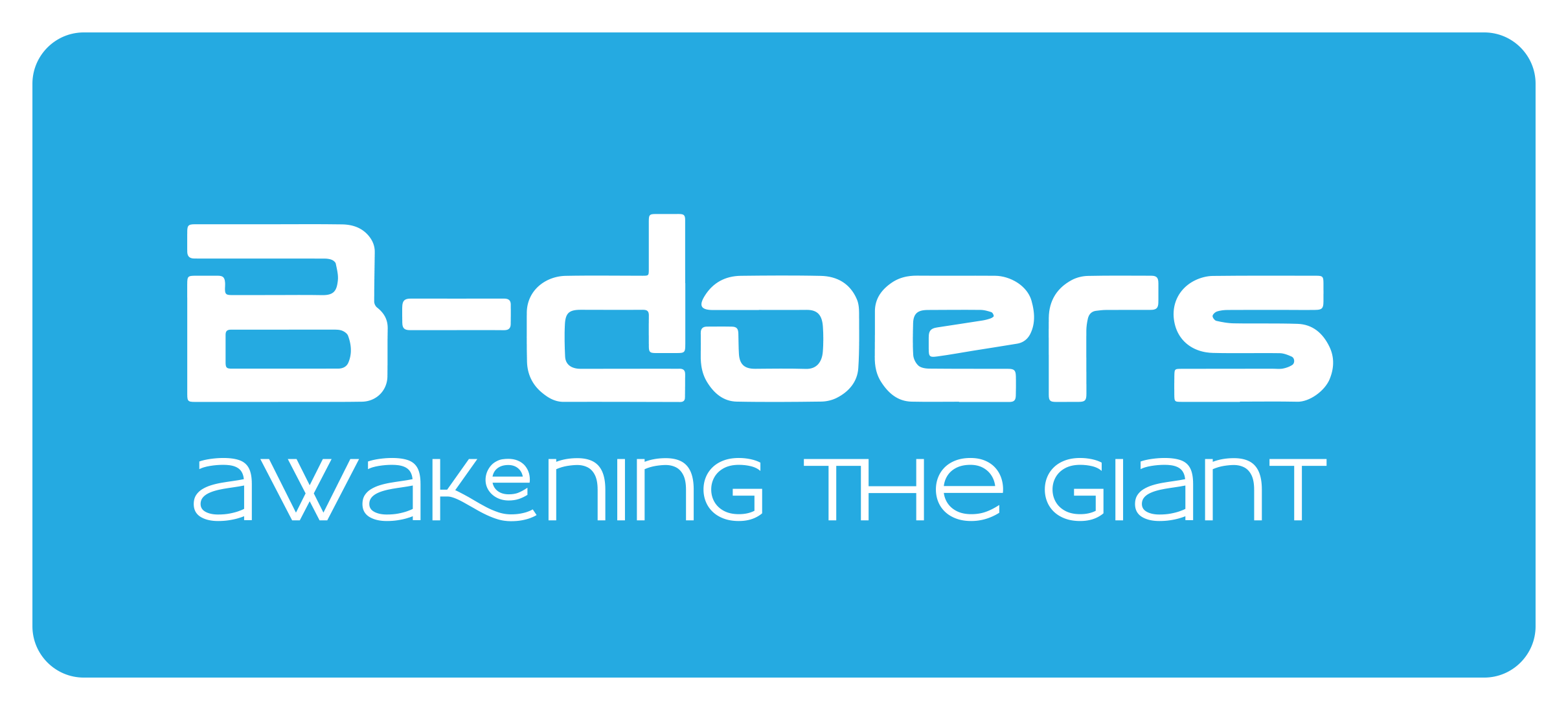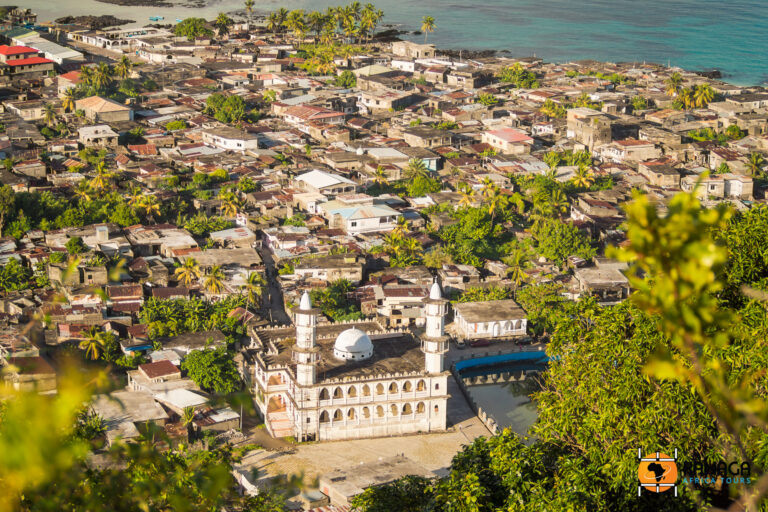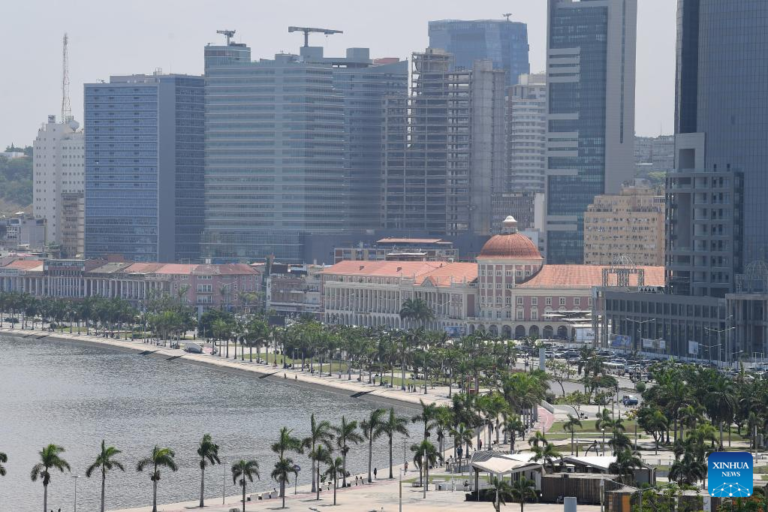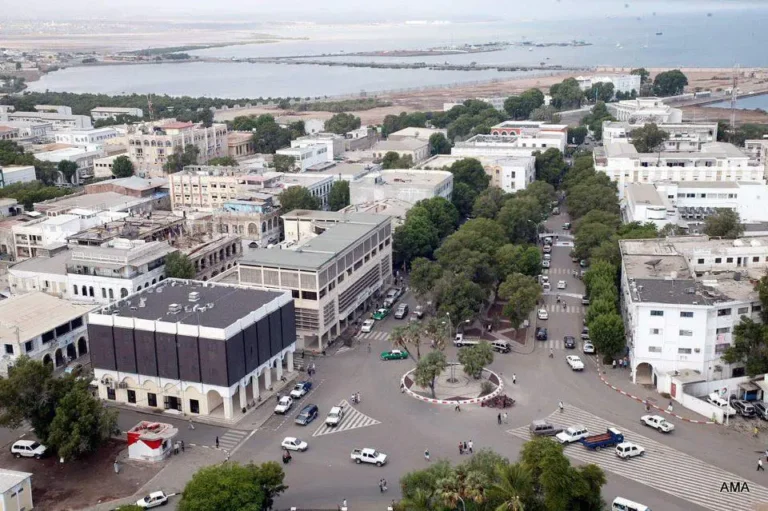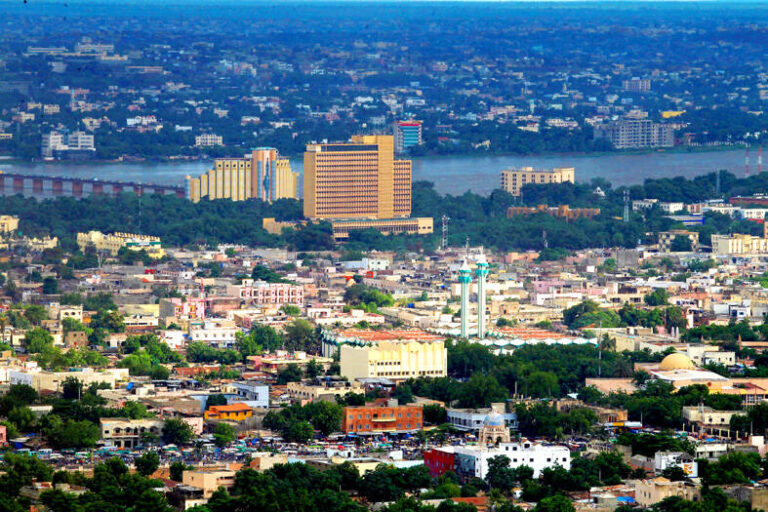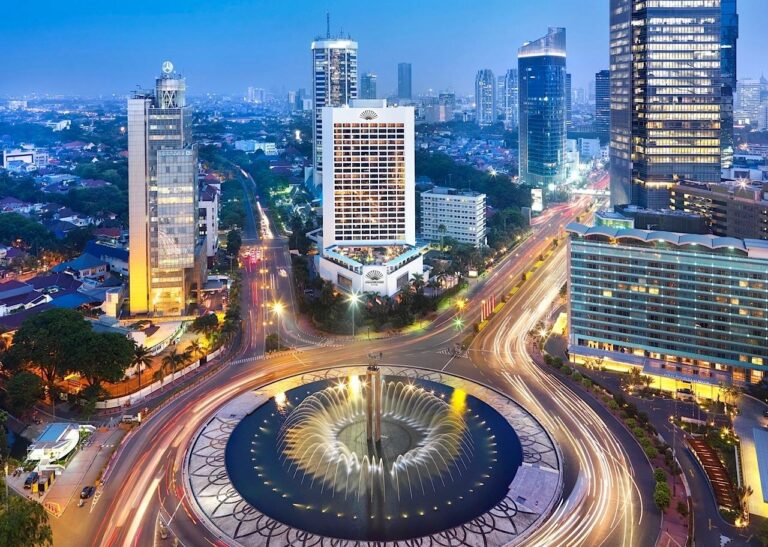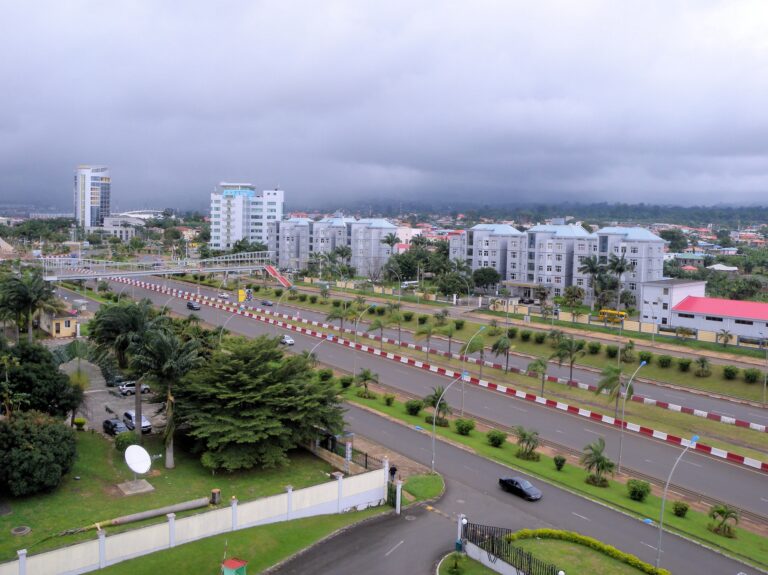Ivory Coast, also known as Côte d’Ivoire, officially the Republic of Côte d’Ivoire, is a country on the southern coast of West Africa. Its political capital is Yamoussoukro, in the center of the country; while its largest city and economic center is the port city of Abidjan. It borders Guinea to the northwest, Liberia to the west, Mali to the northwest, Burkina Faso to the northeast, Ghana to the east, and the Gulf of Guinea (Atlantic Ocean) to the south. Its official language is French.
Côte d’Ivoire’s current population is 28,335,444 as of Monday, July 3, 2023, according to Worldometer’s elaboration of the most recent United Nations data.
Alassane Dramane Ouattara is an Ivorian politician who has been President of Ivory Coast (Côte d’Ivoire) since 2010. An economist by profession, Ouattara worked for the International Monetary Fund (IMF) and the Central Bank of West African States (French: Banque Centrale des Etats de l’Afrique de l’Ouest, BCEAO), and he was the Prime Minister of Côte d’Ivoire from November 1990 to December 1993.
Ivory Coast’s economy remained amongst the few Sub-Saharan African economies that maintained growth in 2020 despite the Covid-19 pandemic, and in 2021 GDP growth accelerated to an estimated 6% (IMF). This strong rebound was driven by a recovery in exports and investment and robust domestic consumption (IMF). Assuming global conditions continue to normalize, GDP growth is projected to reach 6.5% in 2022 and 6.4% in 2023 (IMF). In addition to the continuation of the ongoing reform agenda, the exploration of recently discovered oil and gas deposits will boost activity (Focus Economics).
Ivory Coast is among the world’s largest producers and exporters of coffee, cocoa beans, and palm oil. Consequently, the economy is highly sensitive to fluctuations in international prices for these products and to weather conditions. Despite attempts by the government to diversify the economy, it is still largely dependent on agriculture and related activities
Since the end of the 2011 post-electoral crisis, Côte d’Ivoire has experienced strong growth, but this rapid expansion of the economy has not been accompanied by real improvements in youth well-being. Although young people aged 15–29 currently account for more than one-quarter of the total population, they remain a particularly vulnerable group in society
Despite the political will displayed, Côte d’Ivoire has suffered from a lack of overall youth strategy and failed to address youth issues for several decades. However, the forthcoming implementation of the National Youth Policy 2016-2020 is an unprecedented opportunity for the Government to address the challenges that hinder the emancipation of youth.
Ivory Coast has the new National Development Plan 2021-2025 which is focused on governance and modernization of the State, economic diversification, human capital, social inclusion, and infrastructure.
Business opportunities in Ivory Coast
Ivory Coast has a growing economy and a favorable investment climate. Investment opportunities are available in the following sectors of the economy: Real estate, financial services, energy infrastructure, transport infrastructure, telecoms, agribusiness, textiles, consumer goods, etc.
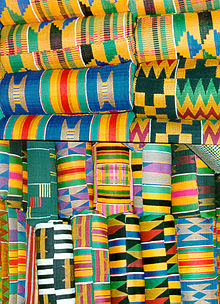
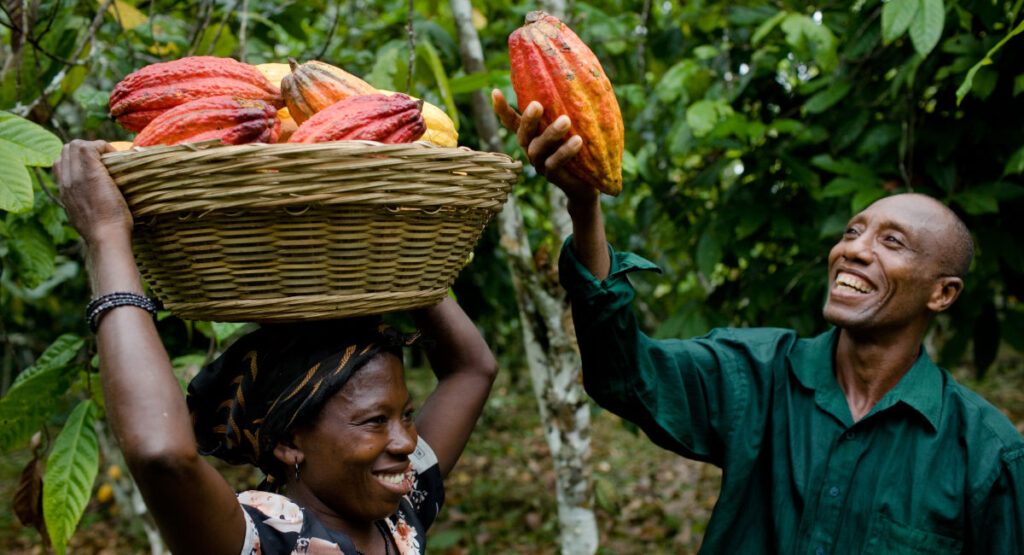

Major companies and businesses in Ivory Coast
- Société Ivoirienne de Raffinage (SIR) an oil& gas company.
- Olam Group Côte d’Ivoire for Agriculture & Agribusiness
- Compagnie Ivoirienne d’Electricité (CIE) for Energy
- SIFCA for Agriculture & Agribusiness
- Orange Côte d’Ivoire for Telecom
- Total Côte d’Ivoire for Oil & Gas
- Cargill West Africa for Agriculture & Agribusiness
- SDTM-CI from Agriculture & Agribusiness / Distribution
- Vivo Energy Côte d’Ivoire from Oil & Gas
- SAF Cacao for Agriculture & Agribusiness
